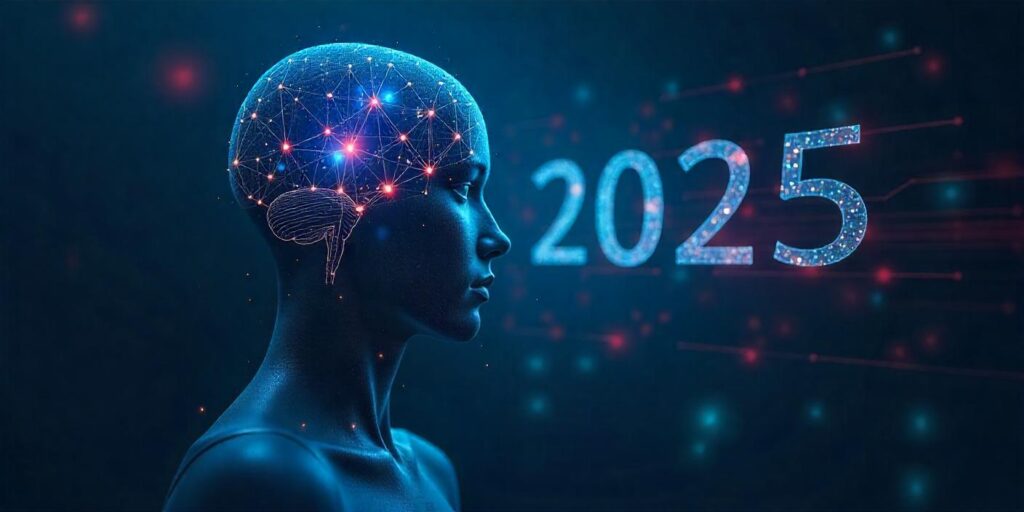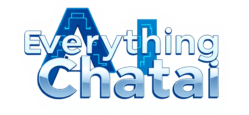Introduction
AI revolution: In the swiftly changing landscape of technological advancements, one concept continuously fascinates and frightens in equal measure: the idea of artificial intelligence taking over the world. As we begin the new year (2025), this notion becomes more of a reality and less of a sci-fi script. This article attempts to explore the hypothetical but increasingly plausible scenario where AI not only supports but orchestrates various facets of human life. We will delve into the profound transformations AI might introduce, the challenges that lay in its path, and the ethical dimensions that accompany this remarkable shift.

AI revolution impacting daily life
Humanity stands at the brink of an age where AI seamlessly integrates into everyday life, likened to science fiction novels where machines cater to our every whim.
AI in the Household
Today, many homes boast AI-driven personal assistants, like Amazon’s Alexa or Google Assistant. In 2025, these technologies might evolve into something akin to a full-time, all-present butler.
Enhanced Assistance:
- AI bots could prepare personalized, diet-friendly meals, automate household chores, and manage grocery supplies with uncanny precision.
Health Monitoring:
- Innovations in AI could revolutionize home healthcare, providing round-the-clock health monitoring and early diagnosis of potential health issues.
“Imagine a future where your home anticipates your comfort needs, adjusts lighting to your mood, and even suggests attire based on the weather.”
AI revolution impacting Smart Cities and Infrastructure
AI is not limited to private spaces but extends its intelligence to public domains with the advent of smart cities.
Traffic and Public Transport:
- Machines could efficiently manage traffic systems, reducing congestion and optimizing public transport routes, leading to an eco-friendly and time-saving commute for all.
Safety and Surveillance:
- AI-driven surveillance could detect and alert authorities about suspicious activities, contributing to safer urban environments.
AI Revolution impacting Economy and Industry
As tools of efficiency and productivity, AI systems can revolutionize economic and industrial sectors.
Workforce and Employment
Contrary to popular belief, AI doesn’t only imply job displacement but also new, unprecedented opportunities.
Job Transformation:
- While routine jobs may become automated, AI can create new roles that focus on overseeing, maintaining, and innovating AI systems.
Skill Shift:
- The demand for new skills is on the rise, with emphasis on AI literacy, programming, and digital adaptability.
AI revolution in Business and Manufacturing
By integrating AI, businesses can attain unparalleled levels of efficiency.
Data-Driven Decisions:
Businesses could leverage AI for predictive analytics, optimizing operations, and personalized marketing strategies.
Automated Production:
- AI could drive fleets of automated production lines, maximizing output while minimizing human error.
The Ethical Quandaries and Challenges
With great power comes great responsibility. As AI power escalates, so does the need for ethical considerations and robust frameworks.
Privacy Concerns
AI’s capability to gather and analyze data in real-time raises significant privacy concerns.
Data Protection:
- Are we prepared to hand over massive amounts of personal data to machines? Ensuring data is protected from breaches is crucial.
User Consent:
- Clear guidelines on data usage and necessity for explicit consent are imperative.
Decision-Making Autonomy
As machines make decisions for us, we must question their trustworthiness and biases.
Bias and Fairness:
- AI systems risk inheriting biases from their human creators, necessitating transparent programming practices.
Accountability:
- Who bears responsibility for AI’s decisions or errors? Establishing a framework for accountability remains a pressing need.
Conclusion
In contemplating a future where AI commands significant control in 2025, humans stand at a crossroads of unprecedented change. While AI can illuminate paths to a more efficient, interconnected, and intelligent world, navigating ethical complexities is essential. As this future unfolds, individuals and societies must work together to embrace the benefits AI offers while vigilantly safeguarding against its potential pitfalls. Consequently, engaging in proactive dialogue and policymaking ensures that technology serves humanity, not the other way around.
“Let us not fear AI taking over the world, but rather shape it to create a tomorrow that serves justice to innovation and humanity alike.”
